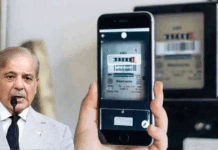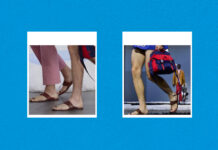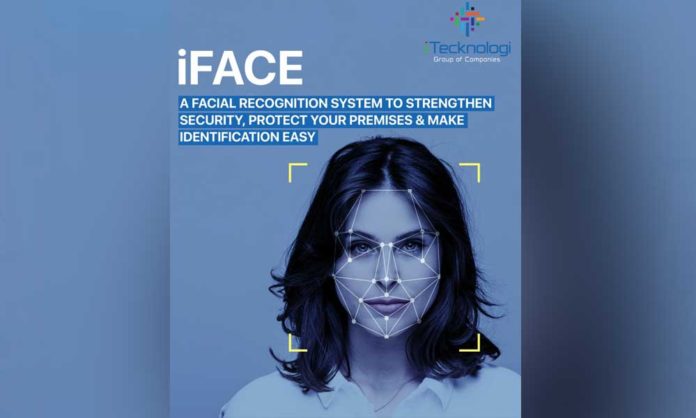Facial recognition may have appeared to be a futuristic technology in sci-fi movies, yet today it is widely used both in public and private settings. We can unlock a smartphone with just a glance, tag our friends on social networking apps or even swap one face with another in pictures. In some cases, these apps also notify us if we appeared in someone else’s profile picture. Apart from our lives on social media, recent advancements have brought facial recognition technology out of the research lab and into everyday usage. Not only can facial recognition software and applications identify a person’s image in photographs and videos, but they can also detect it in real-time.
Facial recognition technology is also being used to control access to high-security facilities like laboratories, bank vaults, and storage spaces where restricted access is required. Without the need for specific authorizations, keys, or passcodes, facial recognition can allow everyone to conduct their business operations with ease. Many organizations even upgraded their access control systems during the pandemic by switching out passwords or fingerprint readers with ones that use facial recognition technology. Some other case uses involve government organizations that utilize the technology in places like airports to reduce identity theft, find missing people, and identify criminals.
Given the COVID-19 outbreak, there is a strong emphasis on contactless interactions along with the escalating cybersecurity concerns which demonstrate that securing physical and online spaces is more important than ever before. Therefore, facial recognition and other forms of biometric authentication will be crucial in the current security landscape.
Propagating the technological revolution in Pakistan, iTecknologi Group of Companies is one of the leading conglomerates, known to provide innovative tech-based solutions. The speed and scale of their technological advancements in the past few years have been immense. Its latest offering iFace, a face recognition software is designed to store, delete, save and disable registered faces in line with local legislation. Enterprise-class data encryption ensures that facial data and personal information are not at risk from security breaches.
With iFace, you can instantly identify pre-registered ‘unwanted’ visitors in crowded areas, such as hooligans or criminals held on your database. You can also pre-register authorized visitors, such as staff or ticket holders, and identify those gaining unauthorized entry to restricted areas. Pre-registration of authorized people ensures smoother people flow and better crowd management. Whenever anyone attempts to gain unauthorized access, an alarm notifies your surveillance system and can immediately mobilize staff on the ground.
iFace optimizes the performance of your technology while minimizing the demands on your resources. The system can be configured with cameras to capture pre-registered unwanted visitors. To reduce the bandwidth load on the facial recognition server, ‘best shot technology’ ensures that only the best facial images are ever transmitted.
The latest generation of iFace makes use of the world’s most powerful facial recognition engine, allowing users to record and match faces to those held in your database, even in the most challenging circumstances. This deep learning facial recognition technology overcomes the difficulties faced by conventional technologies, such as sunglasses or mask, faces that have aged since first registration on database, angled faces, poor lighting, and motion blur.
iTecknologi’s cutting-edge iFace extreme surveillance technology is perfectly suited to stadiums, airports, stations and subways, Leisure facilities (museums, amusement parks, and entertainment venues) retail centers and shopping malls, schools, universities, hospitals, and critical public infrastructures, including government premises and prisons.
The future outlook for facial recognition technology offers a variety of applications across numerous potential growth markets as it is expanding its use cases and capabilities. It will be interesting to see how it disrupts various industry verticals. However, these advancements will certainly need to be paired with their own privacy standards, but the net gain to users’ security is worth navigating and considering today, for the challenges of tomorrow.





































